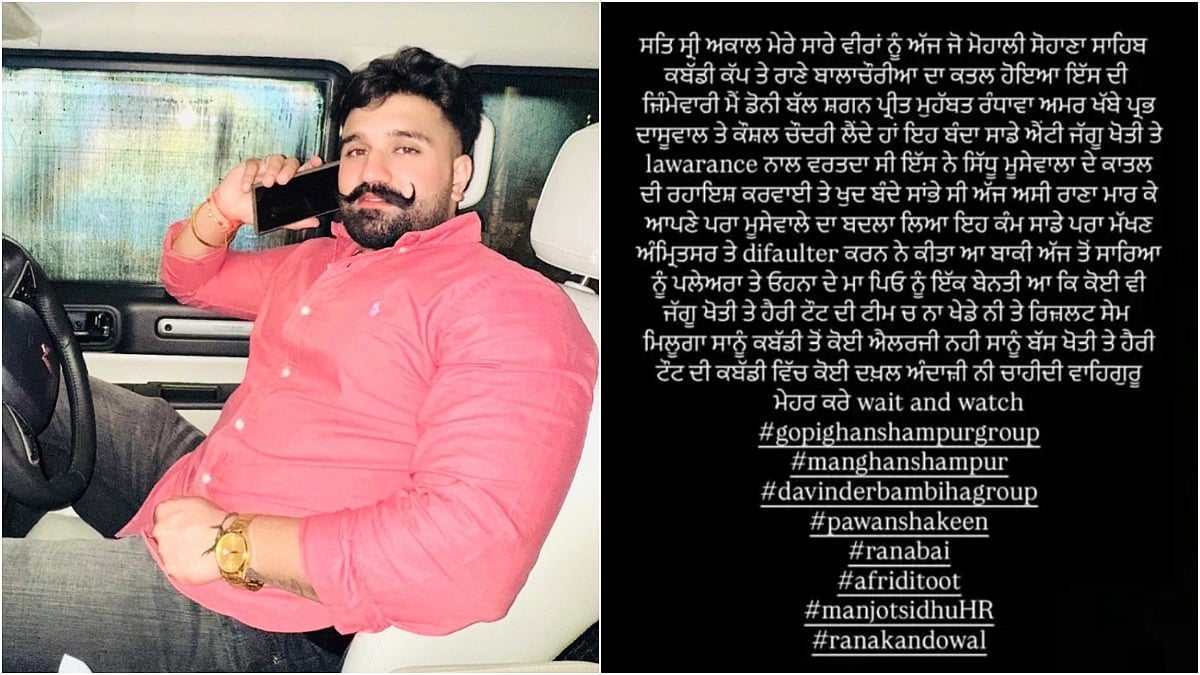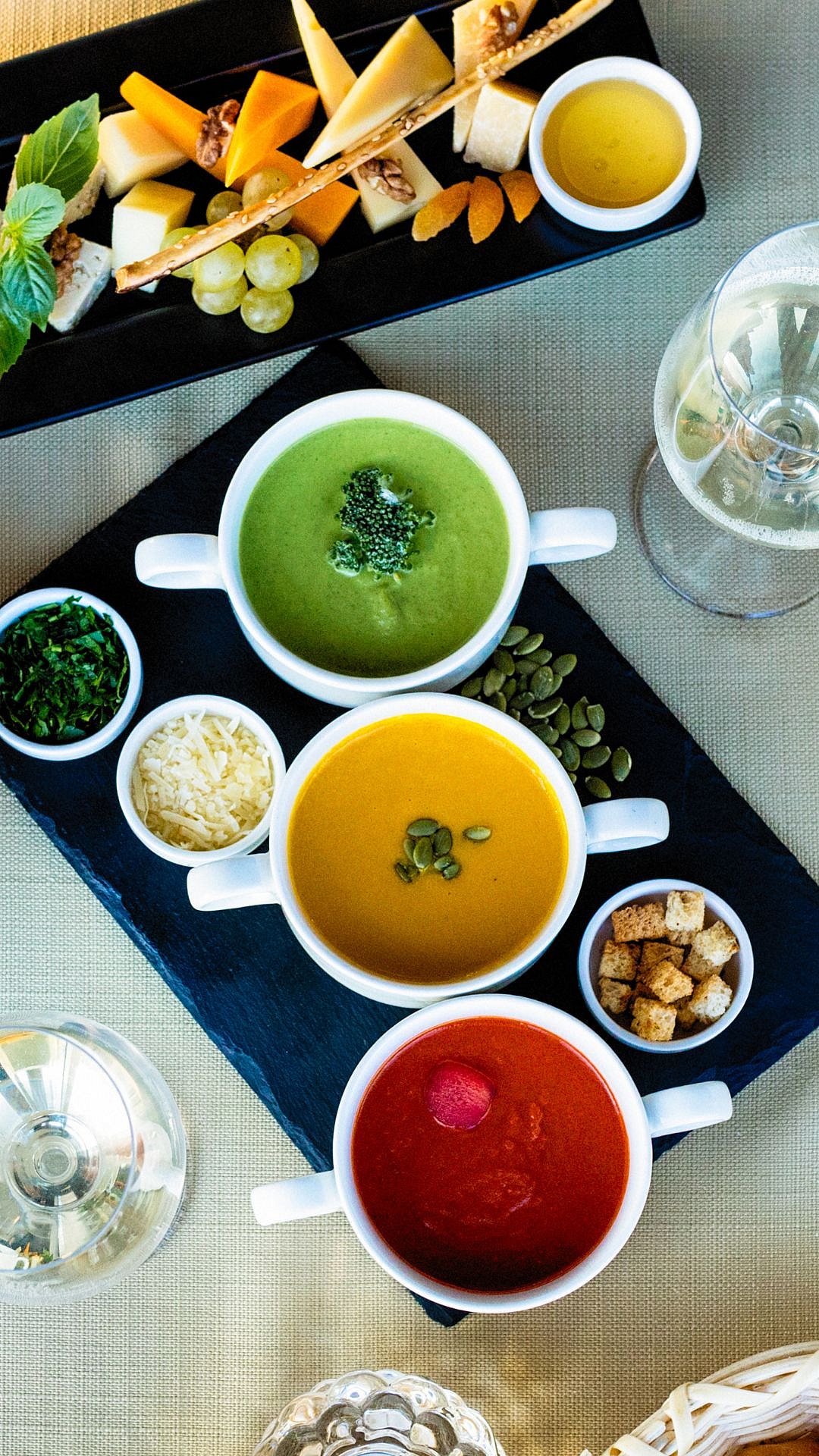Indian food is incomplete without Spices. It is an integral part of Indian households that gives flavours and taste to the food. Spices are not only India's identity but also have a deep-rooted connection that makes Indian cuisine stand out. But, ever thought that the spices we use in our food are pure? Amidst the spice controversy, there are many reports coming up that claim Indian spices are adultered, low quality, and can have harmful chemicals. While we are struggling with finding pure spices for our kitchen, here are some ways you can check if your spices are adulterated or unsafe.
Turmeric (Haldi Powder)
Turmeric, also called Haldi in India, is used daily in the kitchen. Turmeric has many health benefits for our bodies but has harmful effects if it's adulterated. To check if your turmeric is unfiltered and safe, take a glass of water, add a spoonful of turmeric to it and stir for some time. After stirring, let the mixture sit for 10 minutes. If the turmeric is mixed with the water and doesn't leave anything in the bottom of the glass, then your turmeric is safe and pure.
Chilli Powder
Indians love spicy food, and to spice up our dish, we add Chilli powder. Chilli powder gives the kick of spicy taste and red colour to our food. While we cannot eat without spice, check if the powder you are using is safe. Mix a teaspoon of chilli powder in the water and let it set for at least 5 minutes. You will see residue on the bottom of the glass. Take a small amount of the residue in your palm and rub it with your hands. If you find any grittiness while rubbing or feel soapy and smooth, then your chilli powder is adulterated with brick powder or soapstone.
Black Pepper
One of the most common spices used in the Indian Kitchen, Black Pepper is always in demand. While we commonly use these spices, check if it's unadulterated and pure. To check its purity, add black pepper to a glass of water and let it set for some time. If the seeds settle down in the glass, then it's pure and safe. Black peppers are often adulterated with papaya seeds.
Cumin
Cumin is an everyday ingredient in the Indian kitchen; while it is difficult to find pure cumin in the market, we often buy cumin seeds, which are adultered. To check the purity of the cumin seeds, take a small amount of cumins and rub them in your palms; if you see your palms turning grey or black, then it might be adulterated and unsafe.
It is really hard to differentiate between adulterated and unadulterated spices because of their similar-looking appearance. Make sure to check the purity of your spices before using it. Spices are a big part of our cuisine and can be harmful if unsafe.









